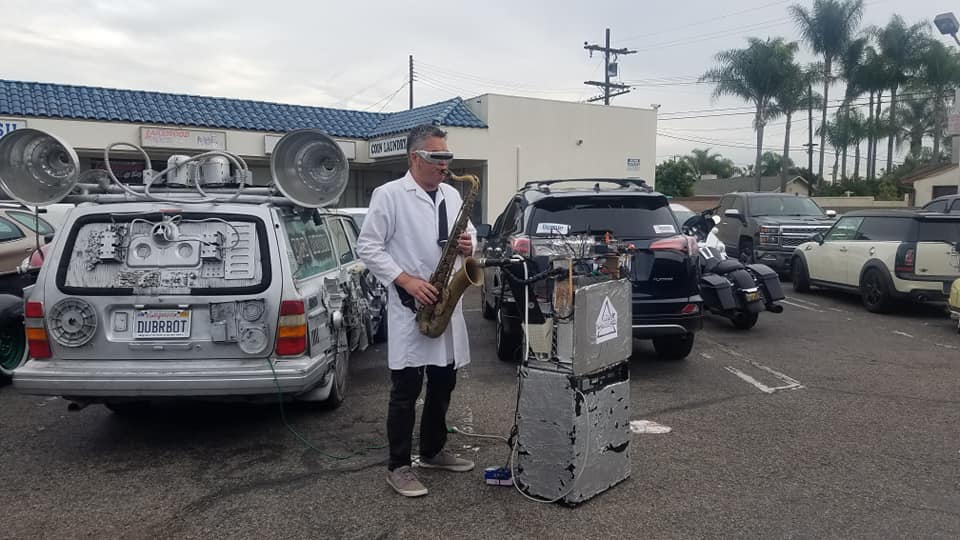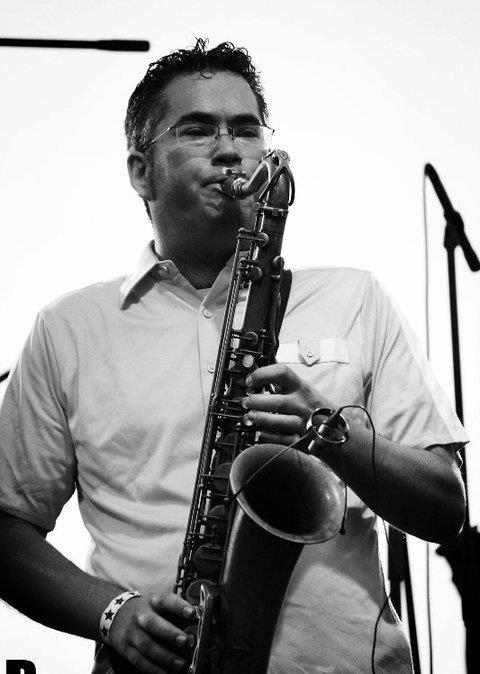Meet Brian Wallace | Musician : Creator : Producer
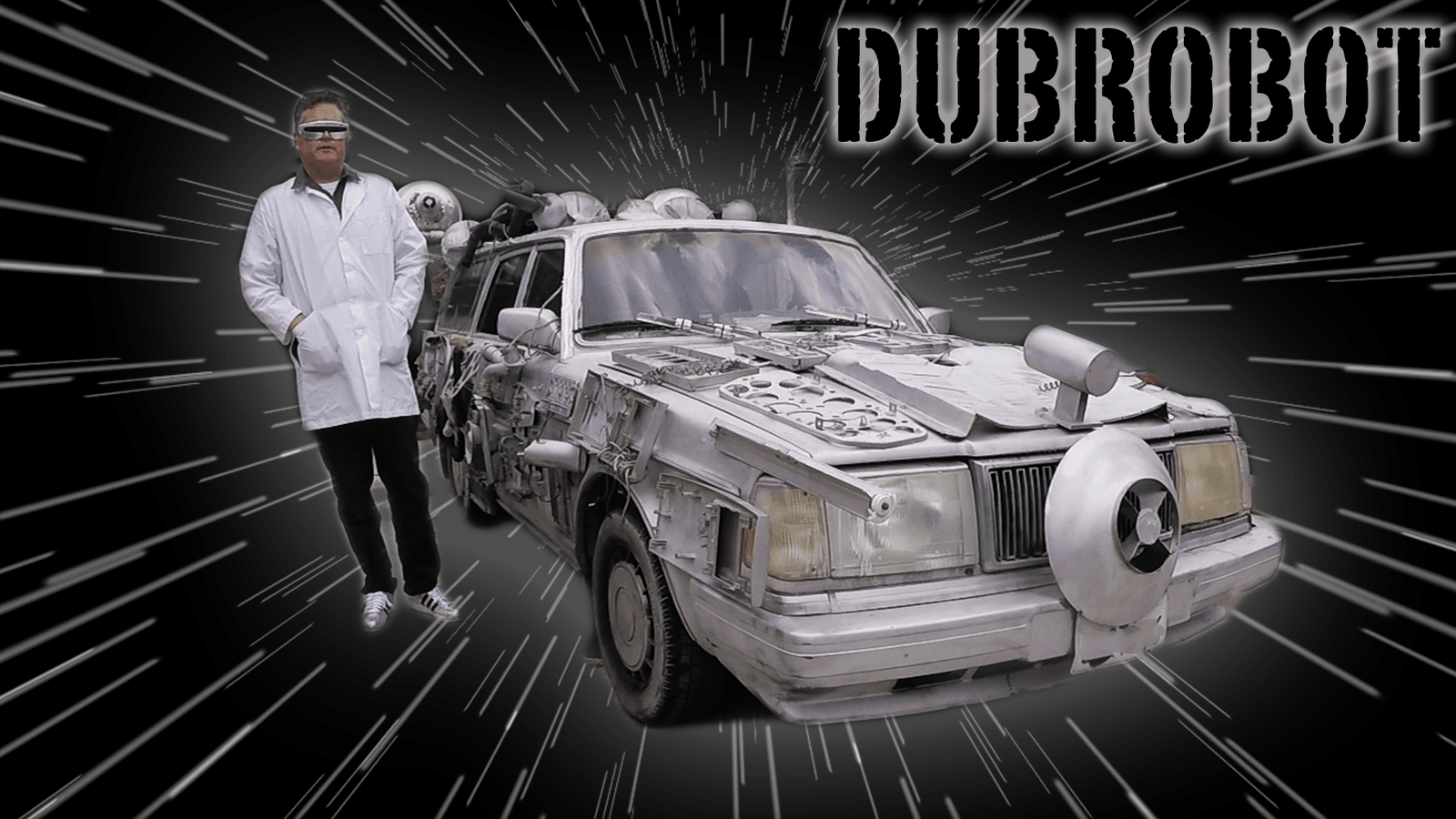
We had the good fortune of connecting with Brian Wallace and we’ve shared our conversation below.
Hi Brian, have there been any changes in how you think about work-life balance?
Throughout my career, spanning over a thousand recordings as a multi-instrumentalist, engineer, and producer, I’ve learned that the essence of this effort lies in collaboration. Every record is a testament to the collective efforts of countless individuals, from the musicians to the audiences who embrace our creations. Achieving work-life balance in this context means finding harmony not only within ourselves but also with the diverse network of people we create and share our music with.
In the early stages of my journey, like many of my peers, the pursuit of musical excellence often tipped the scales “work life” scales. I immersed myself in various styles and sounds, collaborating with artists of all ages, striving to create something unique. However, the industry’s relentless pace could be ruthless, leaving little room for personal well-being. I witnessed firsthand the toll it took on artists, as the pursuit of success often overshadowed the joy of creation.
The rare moments of equilibrium were magical, where ideas seamlessly transformed into reality. Yet, there were also many times when my dedication to music meant sacrificing time with my family. I realized that in this system, the concept of work-life balance can be misleading. The pursuit of wealth often leads to misery, as it demands a relentless focus on work, leaving little room for personal fulfillment. It’s often disappointing to find people at the top so unbelievably miserable.
As musicians and creators, we understand the autonomy we possess over our art and the communities we build around it. Those who choose to engage with the commercial side of the industry often face the challenge of compromising their work-life balance. I’ve primarily dedicated my efforts to independent artists, those who exist outside the constraints of the mainstream. In fact, my first recording that really went anywhere was playing Sax on Sublime’s 40 oz to Freedom – the most successful independent record of all time.
From the outset, I embraced an independent spirit, untamed and passionate, thriving on the fringes of the industry. My goal has always been to enable others to live the life they desire, free from the constraints of traditional work expectations. I’ve achieved this by crafting a career that brings me joy, constantly exploring new creative avenues, and collaborating with diverse artists. I’ve deliberately avoided prolonged involvement with large-scale companies and institutions, instead focusing on projects that promote positive change, anti-racism, education, and the betterment of humanity.
My philosophy is simple: the more music you like, the happier you’ll be. This path hasn’t been without its challenges, filled with risks and uncertainties. It has demanded unwavering support from my community and family, as well as exceptional listening skills, intuition, and a deep understanding of the creative process.
In my decades in the musical world, I’ve learned that true fulfillment comes from embracing collaboration, nurturing our passions, and fostering a community that values creativity above all else. It’s a journey that requires resilience, but one that ultimately leads to a richer, more meaningful existence.
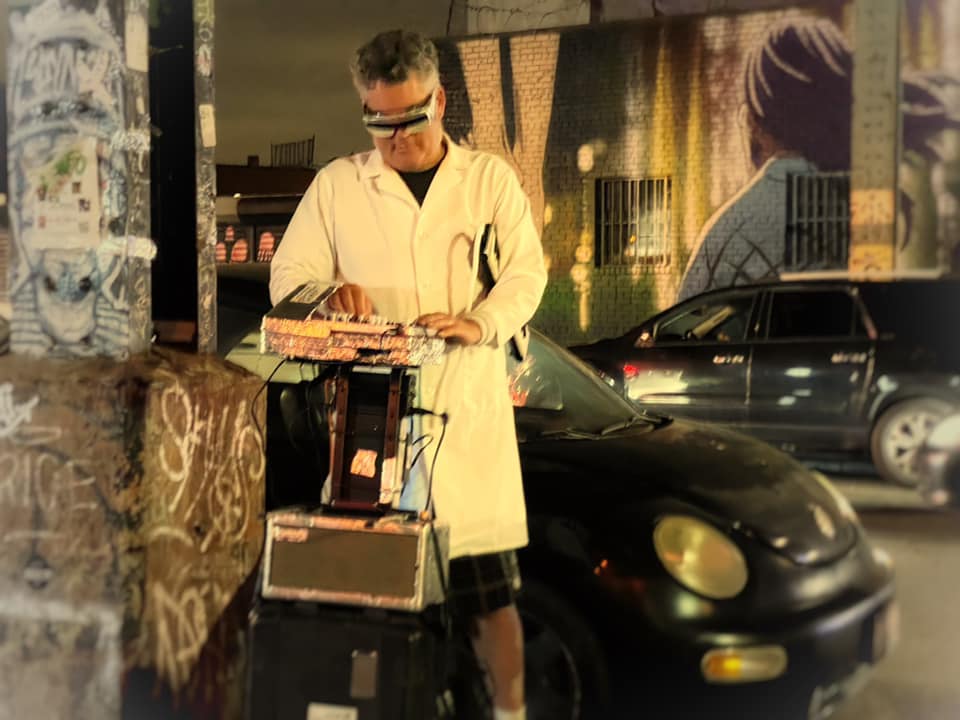
Let’s talk shop? Tell us more about your career, what can you share with our community?
My parents raised us in an artistic household that was equal parts creative and engineering. I was able to take this into serious study on the Saxophone in college and was on my way at a young age. I made moves to constantly be around musicians, artists and scientists who were more advanced than me. I studied with Leo Potts and was able to work at the studios and radio around the LA area. I used my degree to teach a High School Music program for several years and tried out some of my innovative ideas. I moved on to create a recording studio and nightclub which served many music communities in the pre-streaming era. I moved back to Los Angeles to teach audio production at several colleges, and now work as an independent producer of records and films. When I got to LA, I was at a club and a producer friend of mine (Dave Sprecher – Yeti Beats – known for Doja Cat) asked me to fill in as engineer for a studio session the following morning. The next day I did my first session as a mix assistant to the legendary Hopeton Brown aka Scientist. This began a 10+ year relationship as we travelled from studio to stage showcasing his innovative style, ideas and techniques to audiences, students and clients from all over. Scientist was at the very creation of Dub, as he worked in King Tubby’s studio and later perfected and innovated those mixing techniques. His Dub records are known as the standards for the genre. Over the years we have made hundreds of records with a diverse range of artists from Khrangbin, Hepcat, and Dubitarian to name a few. You can listen to these at dubmusic.com I like to work with him not only for the knowledge he imparts in every session but for his interest in working with unknown artists along with established acts. He is a fierce defender of his creativity and has an expert electronic engineer brain. http://tiny.cc/dubrobot
Most of this was relatively effortless. I have an ever growing network of collaborators and interesting projects. If you know what you are doing with the machines, making things like records and films can be fun. Huge caveats with personalities, budgets, vices, scheduling, etc…. But if the expertise is there, these projects can run very smoothly. What is never easy is getting these projects to the paying public.
Overcoming these challenges is about really having a strategy to make the best possible music/story with the best possible people. Staying out of the way so they can work together and correcting things ahead of time as much as possible. Knowing how the tools work and being realistic about budgets and timeframes. The creative process can seem overwhelming to people who have limited exposure to it.
The biggest lesson that I have learned and constantly watch others learn is how to navigate sobriety. Early on in my radio days I worked with DJ Chuck Niles, who had a rule about never working while under the influence. I challenged this rule for a while with poor results. These results didn’t ruin things too badly but as time maturely progressed I challenged it less and less. I’ve witnessed a lot of terrible nights in rock n roll along with plenty of joyful episodes. I can prove that the best work I do is always when it’s just me with no chemicals. I think a lot of people fall into the social trap of drinking/drugs/smoking in music/art/creativity because “you are supposed to”. I always knew I was in it for the art so I was able to show up for that with a clear mind and steady hands.
I want the world to know that I’m not a brand. Humans aren’t brands. This one makes cool records and works well with others who want to tell stories and inspire people with joy.
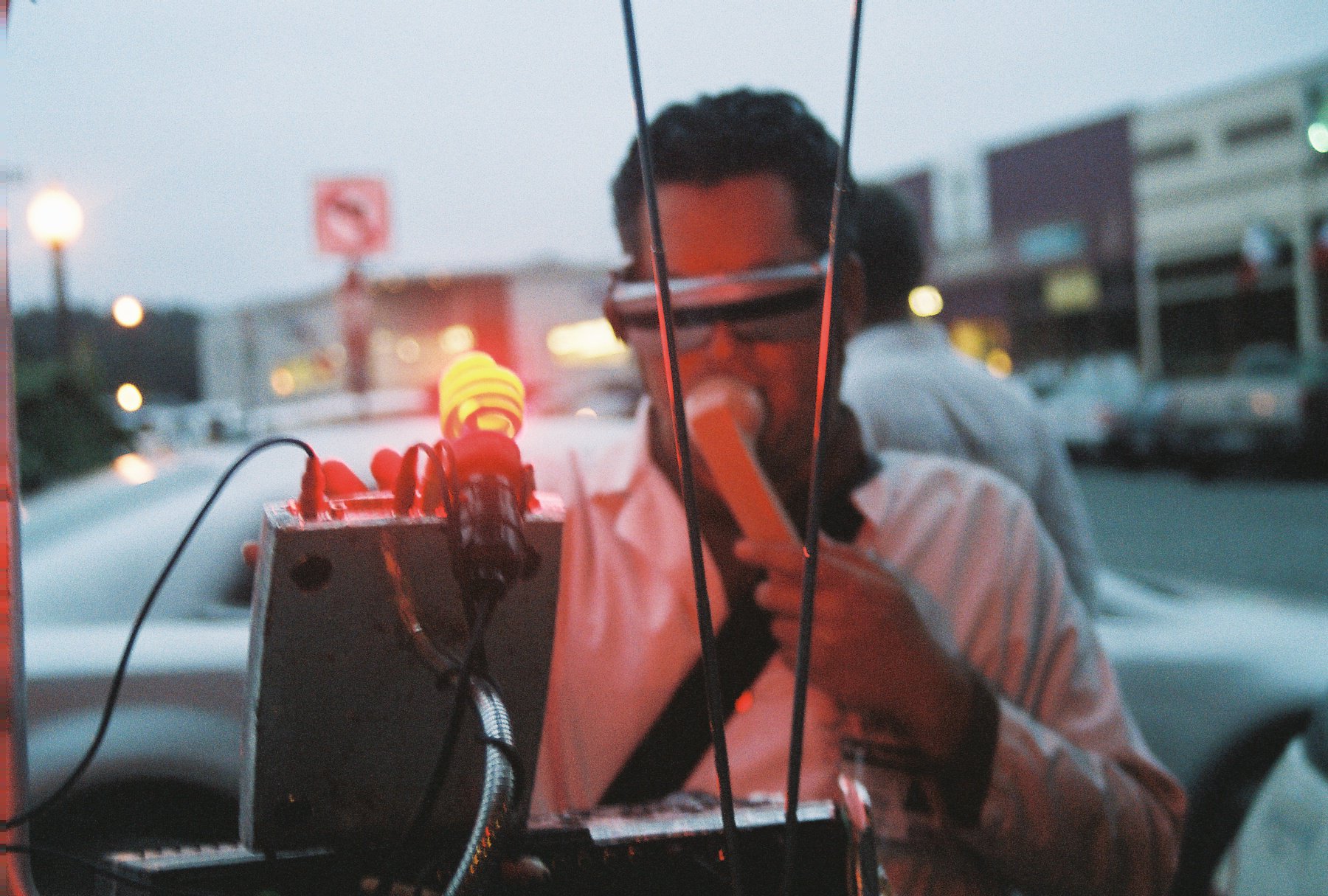
Any places to eat or things to do that you can share with our readers? If they have a friend visiting town, what are some spots they could take them to?
First half would be going to Mexico. There is a huge music scene of authentic Ska, Reggae and Rocksteady music there to enjoy. TJ has amazing food and shopping as well as affordable lodging. Back to SD, I would definitely go to the music venues. The Holding Co, Casbah, The Harp, and The Belly Up are where you are likely to find bands from my catalogue to check out. San Diego has always kept the Ska bands working!
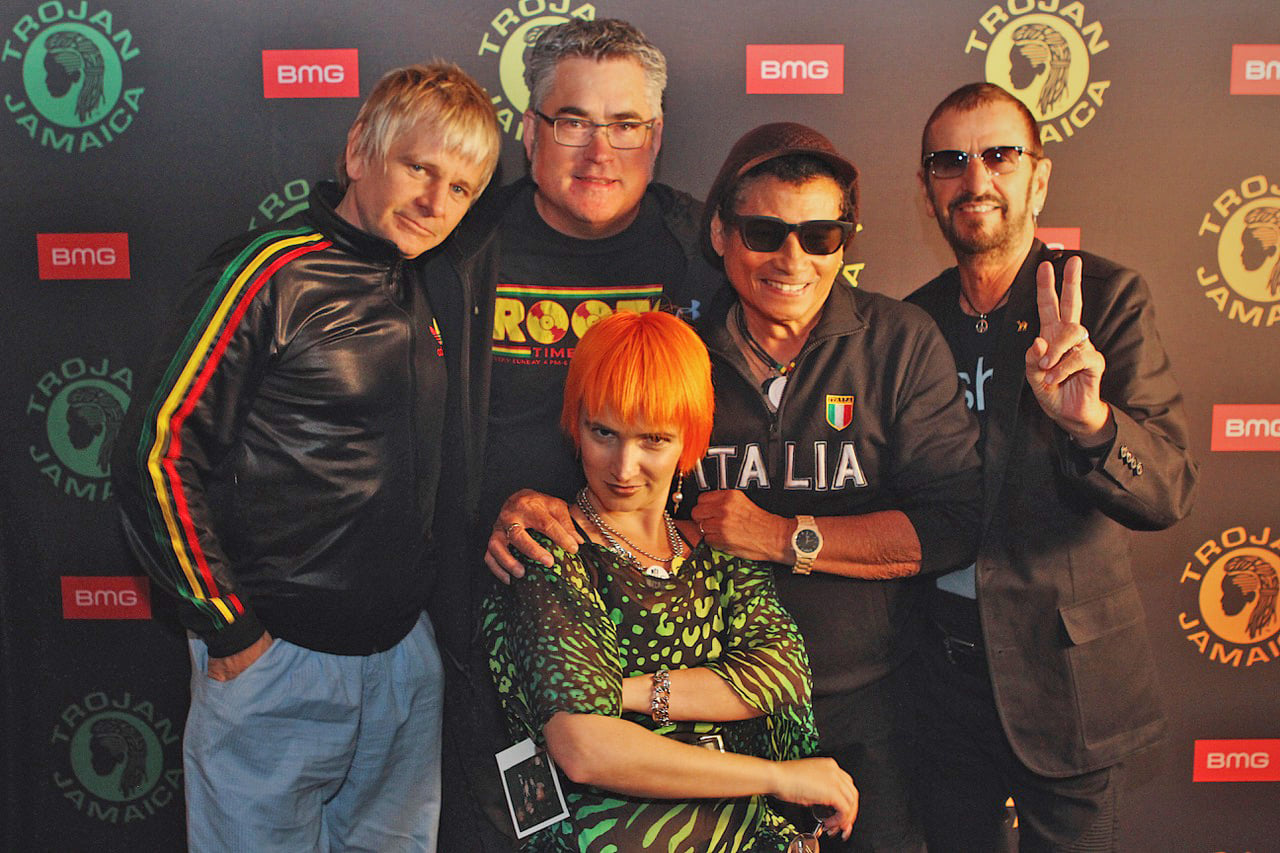
The Shoutout series is all about recognizing that our success and where we are in life is at least somewhat thanks to the efforts, support, mentorship, love and encouragement of others. So is there someone that you want to dedicate your shoutout to?
John Roy of Escape Hatch Records
Website: https://www.dubrobot.com
Instagram: @dubrobot
Youtube: @dubrobot
